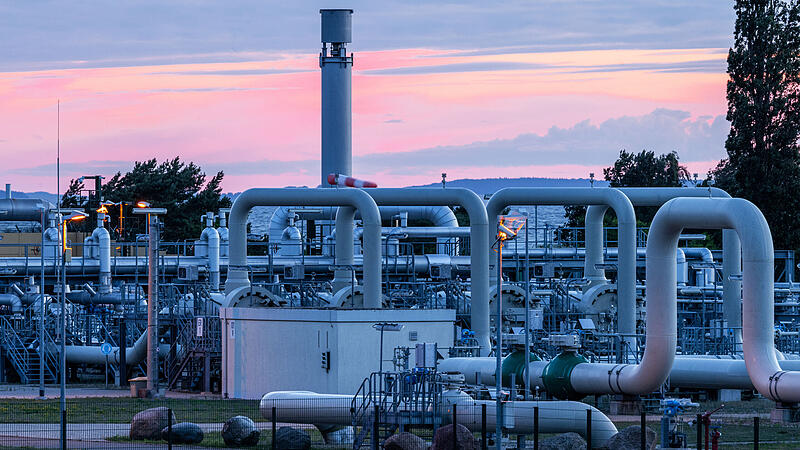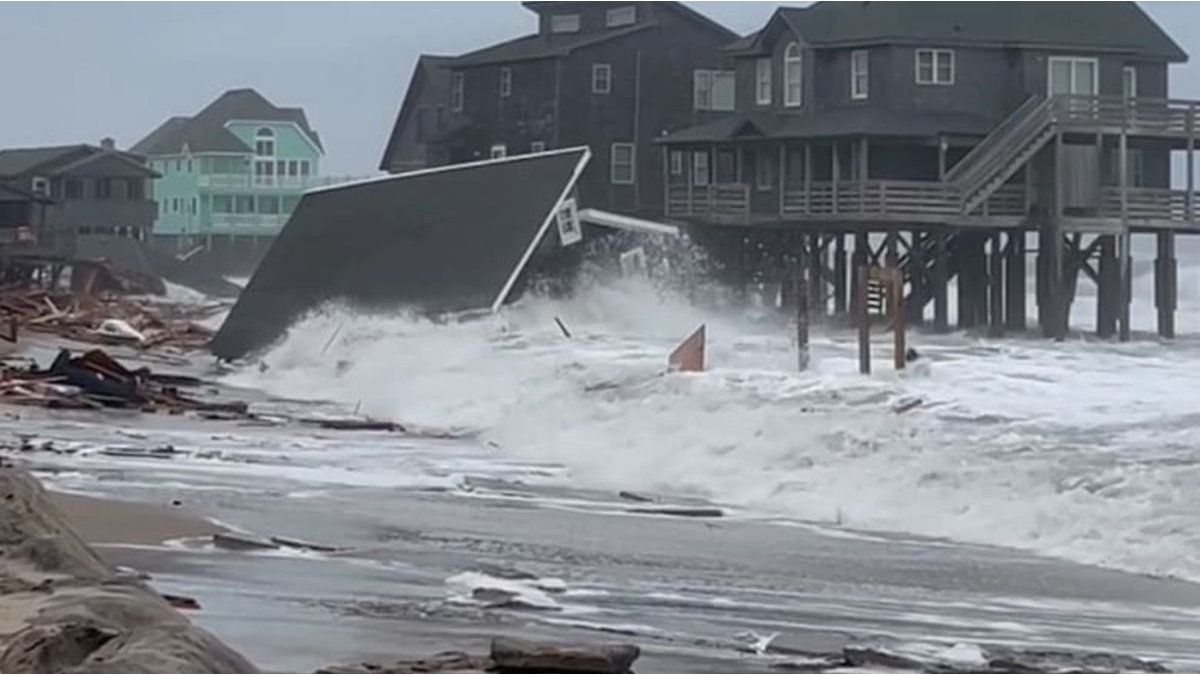Hundreds of gas suppliers in Germany are currently facing the same problem as the largest gas importer, Uniper. The half-year balance sheet presented yesterday by the group thus stands for the stumbling industry, which has long since called German politics onto the scene.
Interruptions in gas deliveries from Russia, depreciation for the Nord Stream 2 pipeline and a negative operating balance sheet – these are the main reasons for a half-year loss of twelve billion euros at the German energy group Uniper, which is majority owned by the Finnish utility Fortum. Despite state participation and the gas levy that has been decided, those responsible are expecting a negative result for the current year.
Uniper lost EUR 6.5 billion in connection with the throttled natural gas deliveries from Russia. Like many European gas importers, Uniper also obtains natural gas from old contracts with the Russian gas monopoly Gazprom. Since the start of the Ukraine war, however, it has delivered significantly less than contractually agreed. In order to be able to supply the customer with the promised quantity, Uniper has to buy the missing gas at high prices on the market, but in turn pass it on to the customer at the original contractual conditions.
“There is not a single energy company in Germany that would not bring such a development to its knees,” said Uniper Managing Director Klaus-Dieter Maubach. With a loss of almost 360 million euros, the result is 845 million euros worse than in the previous year.
Rescue package is waiting
In July, the German federal government decided on a rescue package that initially gave Uniper 7.7 billion euros and the German state took a 30 percent stake in the company. Before the package can be approved at an extraordinary shareholders’ meeting, it must be examined and approved at European level.
The recently approved gas levy, which allows gas companies to pass their costs on to customers, will not take effect until October 1st. For German consumers, the gas price increases by 2.419 cents per kilowatt hour. This is intended to reimburse companies for 90 percent of their losses due to higher procurement costs.
No European exception
In order to relieve the end consumer, the German government wanted to exempt the gas levy from VAT. However, EU Economic Commissioner Paolo Gentilon wrote to the German Finance Minister Christian Lindner (FDP) on Wednesday that the current legal framework does not allow an exception.
In his letter, Gentiloni mentioned other options that Germany had to relieve consumers. In this way, the government can subsequently pay back the VAT to consumers or reduce the amount of the levy.
Source: Nachrichten




